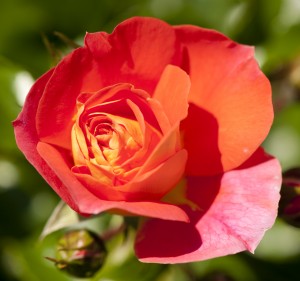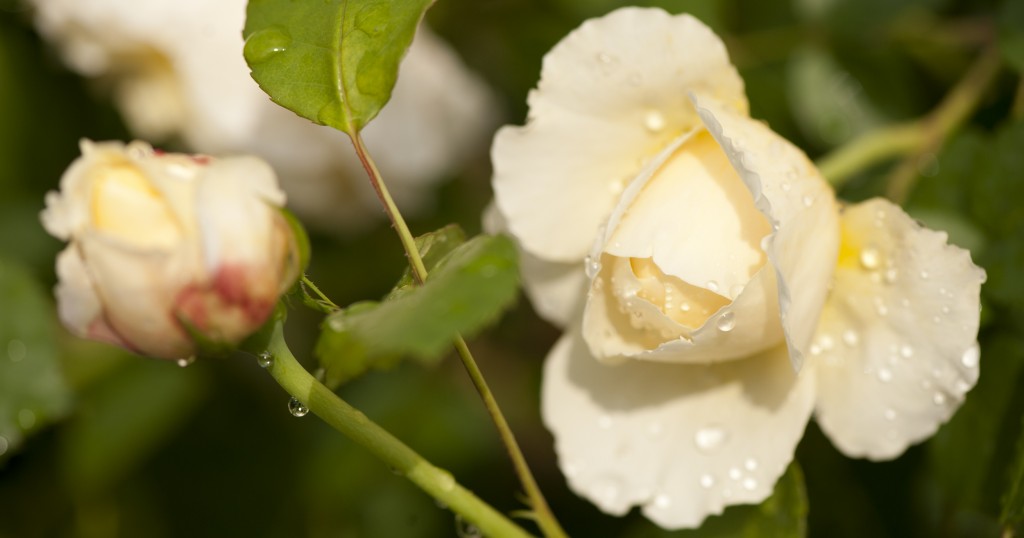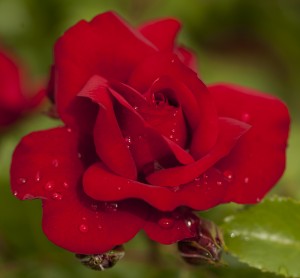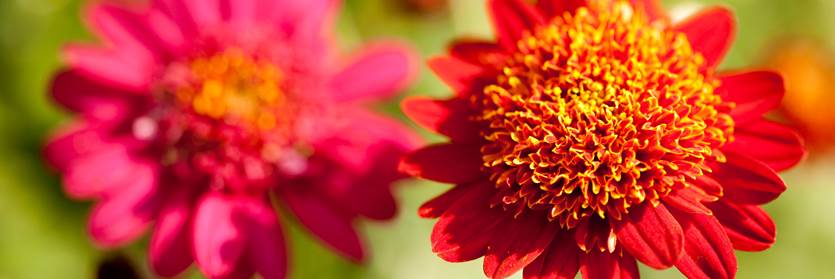Great Rosarians of the World 2012
Posted in Adult Education, Around the Garden, Gardens and Collections on June 5 2012, by Sonia Uyterhoeven
Sonia Uyterhoeven is the NYBG’s Gardener for Public Education.
 Our discussions of vegetable gardens are going to be temporarily cut short due to the glorious activity in the world of roses. For the past week, the NYBG‘s Peggy Rockefeller Rose Garden has been in peak bloom, exuding a luxurious perfume that can be experienced from a distance.
Our discussions of vegetable gardens are going to be temporarily cut short due to the glorious activity in the world of roses. For the past week, the NYBG‘s Peggy Rockefeller Rose Garden has been in peak bloom, exuding a luxurious perfume that can be experienced from a distance.
This past Saturday, The New York Botanical Garden joined the Manhattan Rose Society in hosting the 12th annual Great Rosarians of the World symposium. They may sound like an imposing, exclusive collective, yet they are a jovial group that welcomes even the most casual rose grower. The symposium is open to the public and offered as a course in our Continuing Education catalog.
For the past few years, the emphasis of the discussion has been on how to grow roses sustainably. There were updates on the Southern Earth-Kind® Trials for the “no care” (or at least low care) roses, reports on research into black spot, the latest hybridizing endeavors, and discussions on some of the top performers in the rose world as well as an exciting peek into some upcoming releases that will hit the market in 2013.
One of the speakers humorously traced the history of the rose from its role 5000 years ago as the “Queen of the Garden” to its 20th century status as a “Diva” where, like many celebrities, it encountered a problem with chemical substance abuse. Gardeners acted as enablers as they dumped fungicides and fertilizers on their stars, hoping that they would perform their best.
The lecturer was a spokesperson for the family of German hybridizers and growers, Kordes International. From 2002 onwards, the German government banned the spraying of chemical fungicides on roses; many hybridizers went out of business. Kordes launched an aggressive new breeding program to select for “no spray” roses.

The speaker showed fascinating slides of the transition years from spray to no spray. At the onset, vast nursery fields were covered with roses exfoliated from black spot. It was heartbreaking. The company selected the ones with the most resistance and began hybridizing from that base. The fields have now returned to their original glory, full of “no spray” roses. The rose found rehab and cleaned up her act.
Many of the company’s roses have won ADR awards. Germany has 11 trial stations where they test roses for three years with minimum care and no chemicals. If the roses meet the standards of a panel of judges over the course of the three years then they are awarded the ADR distinction.
Some of the Kordes roses highlighted in this lecture were ‘Lupo ®’, ‘Salmon Vigorosa ®’ and the low-growing ‘Innocencia Vigorosa ®’. ‘Lupo ®’ is a pretty pink miniature rose (meaning the flowers are petite and plentiful–not the rose which reaches two to three feet tall), As the name suggests, ‘Innocencia Vigorosa ®’ is pure white, and ‘Salmon Vigorosa ®’ is a compact powerhouse with salmon blooms.
 A climber with deep pink flowers and a fantastic fragrance named ‘Laguna ®’ was on the speaker’s list of favorites, as was one of our garden’s top performers, ‘Karl Ploberger ®’–a fragrant, buttery yellow shrub rose. For those of you who like ornate roses with full blooms these two fit the bill, as does ‘Lion’s Rose ®’, ‘Golden Fairy Tale ®’, and ‘Floral Fairy Tale ®’.
A climber with deep pink flowers and a fantastic fragrance named ‘Laguna ®’ was on the speaker’s list of favorites, as was one of our garden’s top performers, ‘Karl Ploberger ®’–a fragrant, buttery yellow shrub rose. For those of you who like ornate roses with full blooms these two fit the bill, as does ‘Lion’s Rose ®’, ‘Golden Fairy Tale ®’, and ‘Floral Fairy Tale ®’.
If this blog has piqued your interest in sustainable roses, our curator of the Peggy Rockefeller Rose Garden, Peter Kukielski, is teaching a class called “Going Green with Roses” on Saturday, June 16th from 1 to 5 p.m. Next week I will be discussing a few more “green initiatives” in the rose world, including the Earth-Kind® roses.


This blog post is very interesting….I saw the Earth-Kind garden a few weeks ago and am very inspired to make my way back tomorrow…hope the blooms are still holding.